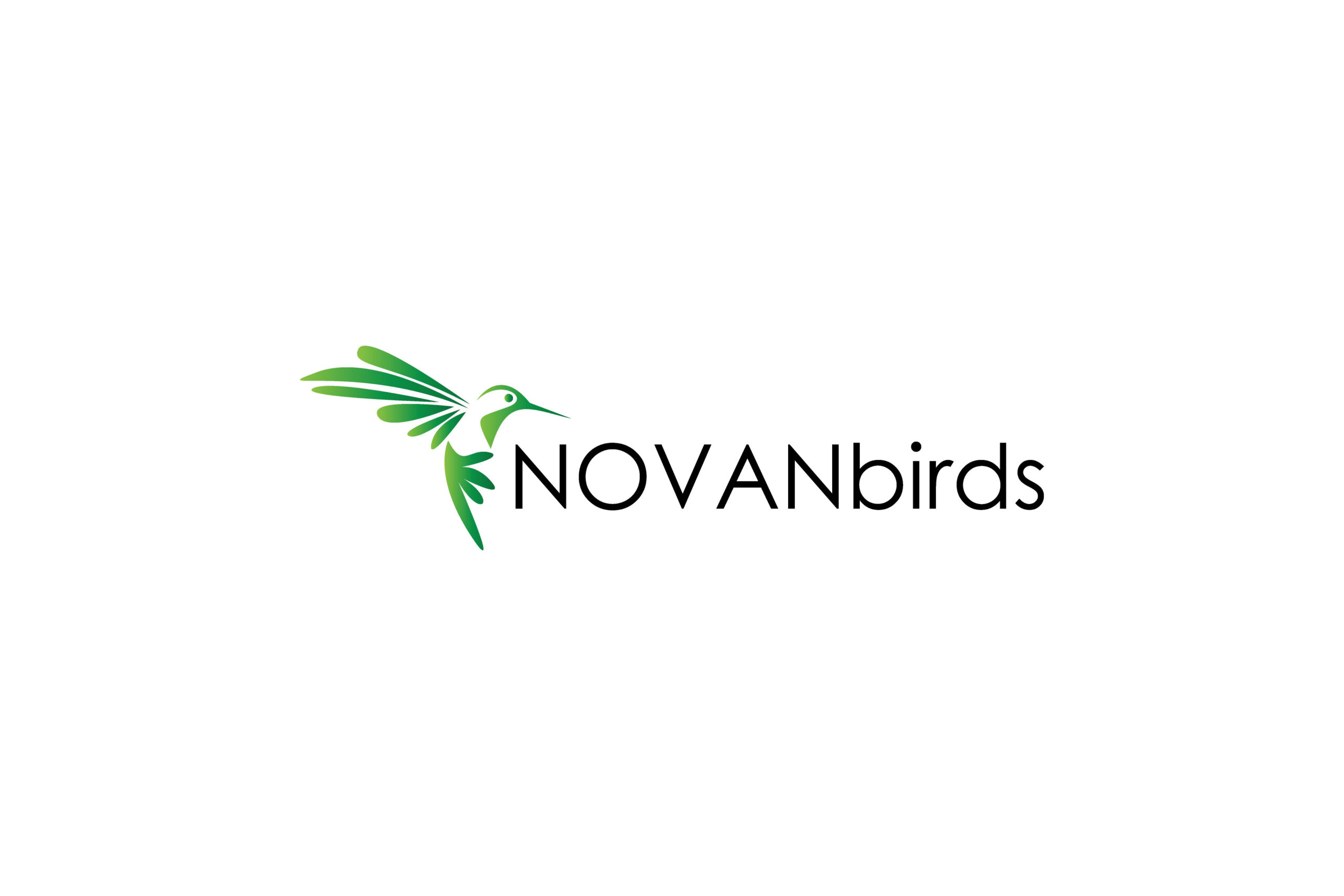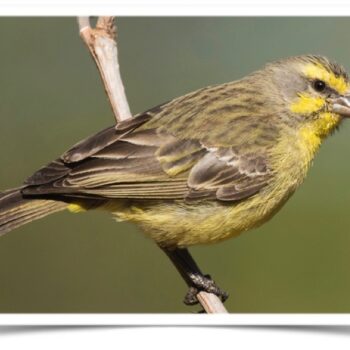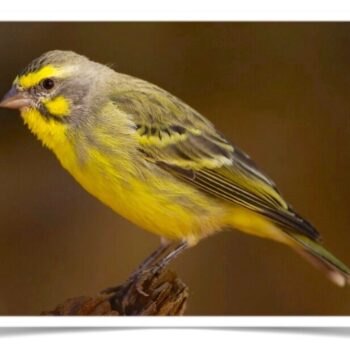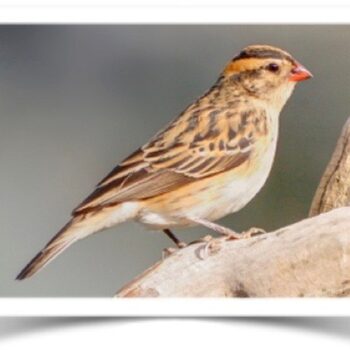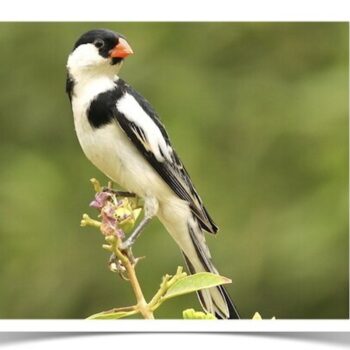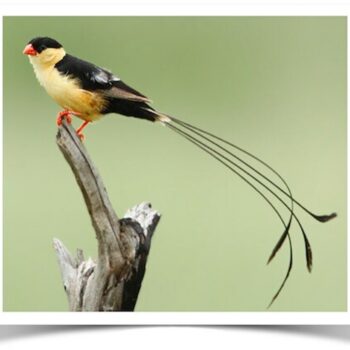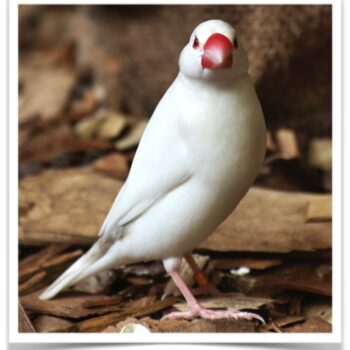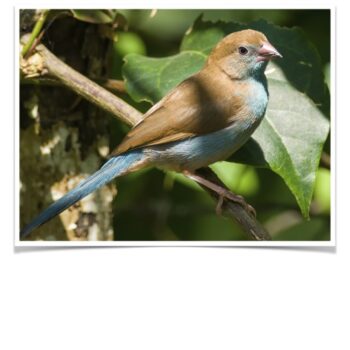The European Robin ( (Erithacus rubecula), also known the Robin Redbreast in the British Isles, or simply as a “robin” by many gardeners, is a small insectivorous passerine bird found across Europe, east to Western Siberia and south to North Africa The European Robin finch is a smaller finch with interesting coloring. Their feathers are orange on the face and chest, with a bluish-gray border on the sides of the neck and chest. The upper parts are brown, while the belly is whitish. Their legs and feet are brown, with a black beak and eyes. Younger specimens are not orange in color and chewing them is a dark brown colour with orange patches gradually appearing on the chest and face.
Sexing: The European robin is monomorphic so gender is not possible without DNA testing.
Size: about 5 inches when an adult and weighs about 0.05 pounds
Lifespan: 13 months
Behavior & Temperament: The robin is diurnal, although it has been reported to be active hunting insects on moonlit nights or near artificial light at night. The European robin is curious nature and is considered to be a gardener’s friend and is often found digging for earthworms in nature. The robin song is a fluting, warbling during the breeding season. Both the male and female sing during the winter when they hold separate territories. During the summer their song is less complicated. Robins, especially males, can be territorial birds and will attack other robins who may try to become the dominant bird. A dispute starts with males singing at each other, trying to get a higher perch in order to show off their breast most effectively.
Breeding: The European robin has a wide variety of nesting sites, as long as it has a hole or depression in which to build its nest. They build their nests with moss, leaves and grass, and cover it with fine grass, hair and feathers. During the breeding season, during March/April until August or September, they lay two to three clutches of five or six eggs.
Diet: Finches love our nutritious classic finch seed as part of a balance diet. In nature they feed on a wide variety of food, including worms, seeds, nuts, suet, invertebrates and fruit.
